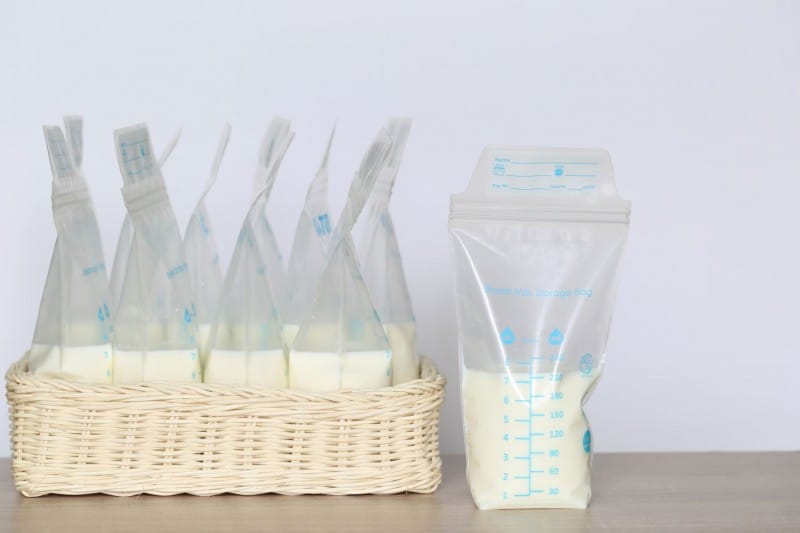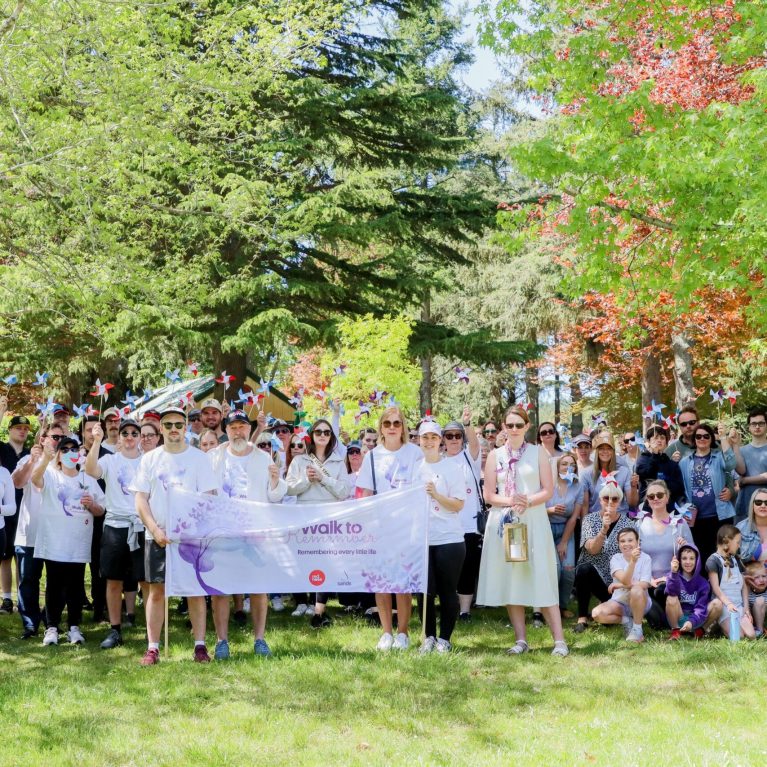Since our inception, bereavement care for families has improved dramatically. One area that is often not discussed is lactation after loss.
A study undertaken by the ANU has found that many mothers remain unaware that they may produce milk after a loss. When health care is offered, most women are simply offered medication or advice to suppress their milk and return home without support. Very few women interviewed in the ANU study were presented with the full array of lactation management options. This can compound their grief and shock, adding an often physically painful addition to an already fraught time.
Dr. Debbie Noble-Carr, a member of the ANU research team, said that the study aims to inform health organisations to better understand the lactation care options available to mothers. Ensuring that both the physical and emotional impact of lactation after loss is considered is crucial.
The study has discovered that currently if lactation care is offered to bereaved mothers, it is usually a brief encounter aimed at supporting mothers to suppress their milk. But the study found women may want to consider other lactation management options and they may also require support to make decisions about what to do with frozen stores of breastmilk.
Of the 17 bereaved mothers interviewed for the study, many sought to use their breastmilk purposefully. Some mothers decided to donate their breastmilk to a Human Milk Bank, and others sought to share their milk informally, or saved it for subsequent children. The researchers stated some mothers may also like to retain their breastmilk as a memento to their child, to perhaps pour under a tree or use to make jewellery.
“I’d seen a lot of the other babies in [my baby’s] wing who had milk from the milk bank, so that was a nice way of being able to give back, with all the milk that we had in NICU…it was a really good, something positive [providing milk] coming out of a horrible experience.” (Sarah, from Qld)
The study has revealed that no matter the parent, or the decision to suppress or sustain milk, emotions are mixed. For a lot of mothers, lactation is unwanted. For others, they take comfort that their body was capable of creating sustenance, and it helps them to maintain the connection to their infant and to their identity as mothers.
“For me, it’s positive because it just makes me remember him. Remember that I was pregnant with him…Although I don’t have him here in my arms, but I am a mum, and my body is doing all of these things, was doing all of these things, because I am a mum. Because a lot of people look at me and they like, don’t refer to me as a mum.” (Madison, from Vic)
Some parents even found sustaining the milk for days, weeks or even months after their loss and donating it of great emotional benefit.
“I couldn’t just collapse down into myself, so I think the expressing the milk and donating the milk was keeping me up. It was my good thing that was going, you can do this! You can keep going. If you’re feeling really sad, we’ll just focus on this and think about the good that’s coming from it.” (Jessica, from Qld)
The study isn’t about encouraging mothers to either sustain or suppress their milk production. Still, the outcomes focus on ensuring that both the physical and psychosocial outcomes for the parent are considered when it comes to lactation after loss. It also aims to improve post-loss care and ensure that parents know their options and what to expect.
To read more about the study click here
If you need further information on managing lactation after loss you can find information here or via the Australian Breastfeeding Association.
Reach our to our 24/7 support line on 1300 308 307.
Did you find this helpful?
Good job! Please give your positive feedback
How could we improve this post? Please Help us.




